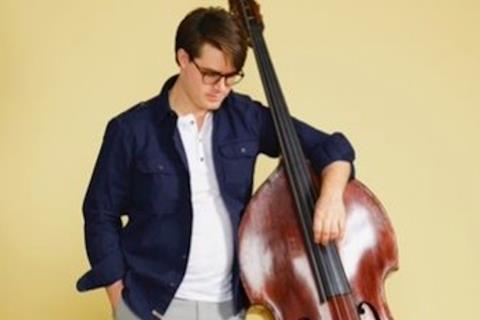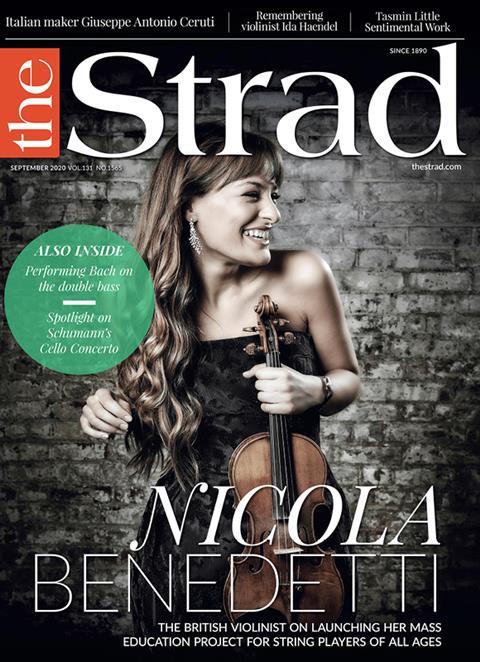How to use a competitive video gaming approach to plan out your practice, maximise your technical efficiency and play consistently accurately on stage
The following is an extract from Technique in The Strad’s September 2020 issue. To read in full, click here to subscribe and login.The September 2020 digital magazine and print edition are on sale now.

The first time I saw someone ‘speedrunning’ to complete Super Mario on the Nintendo in four minutes instead of four weeks, I remember thinking, ‘Wow’. It was like watching an Olympics of video games and it gave me the same sense of aspiration that I get when I see someone give a virtuoso performance on the bass: it was something that I could kind of do, but at the same time it was out of reach. In video games, speedrunning is all about completing a game in the shortest time, by performing in a very targeted way. I use the same ideas to help my students do their best in music. That doesn’t mean I want them to get a Flight of the Bumblebee speed record – to paraphrase Bartók, races are for horses, not artists! I just want them to optimise their performance, by maximising their knowledge of the music and their instrument.
In your practice
In video games, the aim of speedrunning is to compete with yourself continually, to achieve new personal bests both within individual segments of the game and overall. In your practice, you can use the same mentality to improve your accuracy and efficiency.
Read: Technique: ‘Speedrunning’
Read: 14 tips for efficient double bass practice
Think about how you are going to manage the resources you have, to get the most out of your practice in the shortest amount of time. If you spend two hours investigating, routing and figuring out what you’re going to do before you practise your instrument for one hour, that will give you a greater pay-off than if you work for three hours with the bass in your hands. You can do this ‘thinking work’ anywhere, whenever you are travelling or out for a walk. Try to visualise yourself playing through a piece, identify where you feel most uncertain and plan how to overcome any difficulties.
Interview by Pauline Harding
-
This article was published in the September 2020 Nicola Benedetti issue
The British violinist on launching her mass education project for string players of all ages. Explore all the articles in this issue.
More from this issue…
- British violinist Nicola Benedetti
- Tribute to violinist Ida Haendel
- Playing Bach on the double bass
- Italian maker Giuseppe Antonio Ceruti
- Spotlight on Schumann’s Cello Concerto
- Instruments of The Strad Calendar 2021
Read more playing content here












































No comments yet